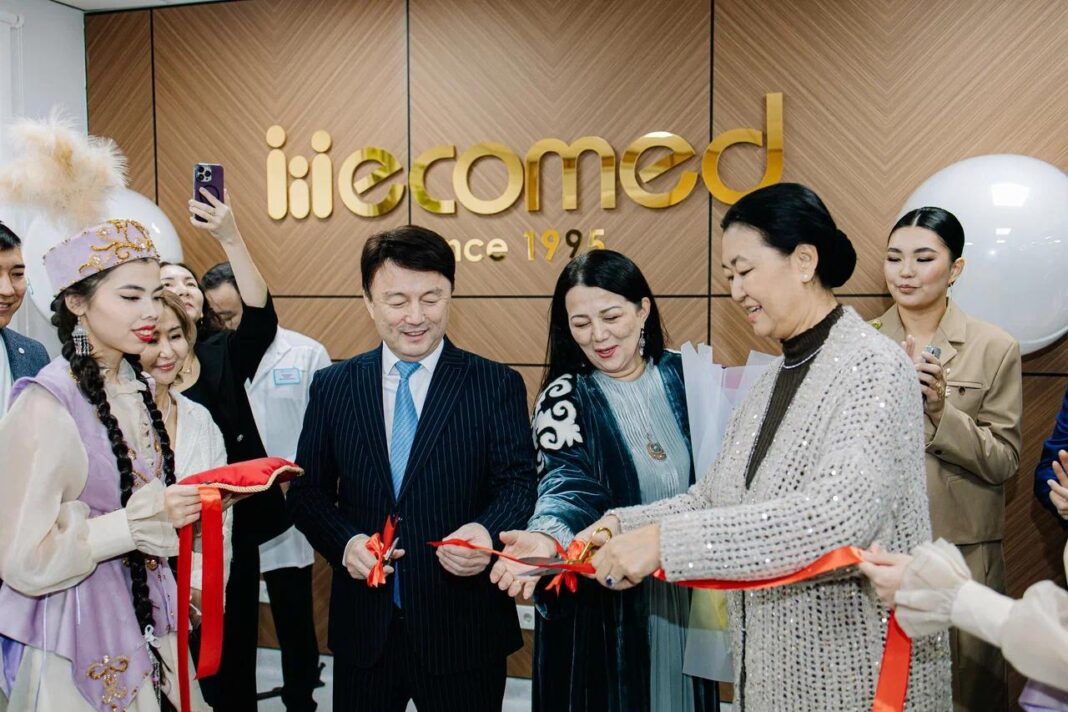In December 2024, a new clinic from the Ecomed Human Reproduction Clinic Network opened its doors in Aqtobe. This milestone coincides with the clinic network’s 30th anniversary, during which it has helped bring more than 30,000 babies into the world.
The DimashNews editorial team spoke with Professor Saltanat Baikoskarova, Doctor of Biological Sciences and Scientific Director of the Ecomed clinic network, to learn how the clinic achieved such remarkable results, the innovations it employs, and the dreams realized through its work.
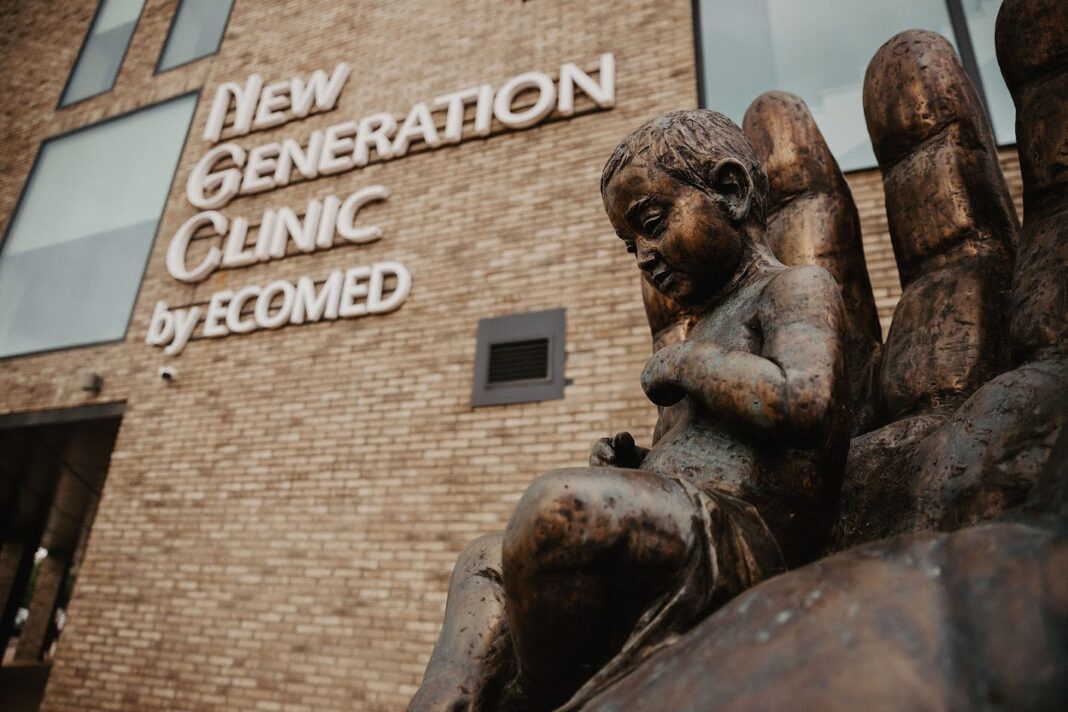
Professor Saltanat Berdyenevna shared insights into the clinic’s major achievements and the development of reproductive medicine in Kazakhstan:
“Our first small in-vitro fertilization (IVF) laboratory, Ecomed, was registered in April 1995. The first Kazakhstani baby conceived via IVF was born on July 31, 1996. That little girl will soon turn 29 years old.
Initially, we faced many challenges, and our clinic grew alongside independent Kazakhstan. Today, Ecomed has expanded into a large network of 14 human reproduction clinics across various cities in Kazakhstan. Through our Academy of Innovative Reproductive Technologies, we train our own specialists, transforming gynecologists into reproductive specialists and biologists into embryologists, geneticists, and cryobiologists within 2–3 years. From three dedicated professionals at the beginning, our team has grown to 600 employees over 30 years.
Ecomed clinics operate in Astana, Almaty, Aktau, Atyrau, Shymkent, Kyzylorda, Ust-Kamenogorsk, Turkestan, Pavlodar, Taraz, Oral, and Aqtobe.
Over the past three decades, there has been significant progress in reproductive medicine and biology, both globally and in Kazakhstan. The Kazakhstan Association of Reproductive Medicine (KARM) holds annual conferences in Kazakhstan and participates in international scientific events, ensuring continuous medical education and skills development.
Success rates have increased from 15–20% to 60–70%, thanks to advancements in technologies such as preimplantation genetic diagnostics, cryopreservation of oocytes and embryos, and single-embryo transfers, which minimize complications from multiple pregnancies.
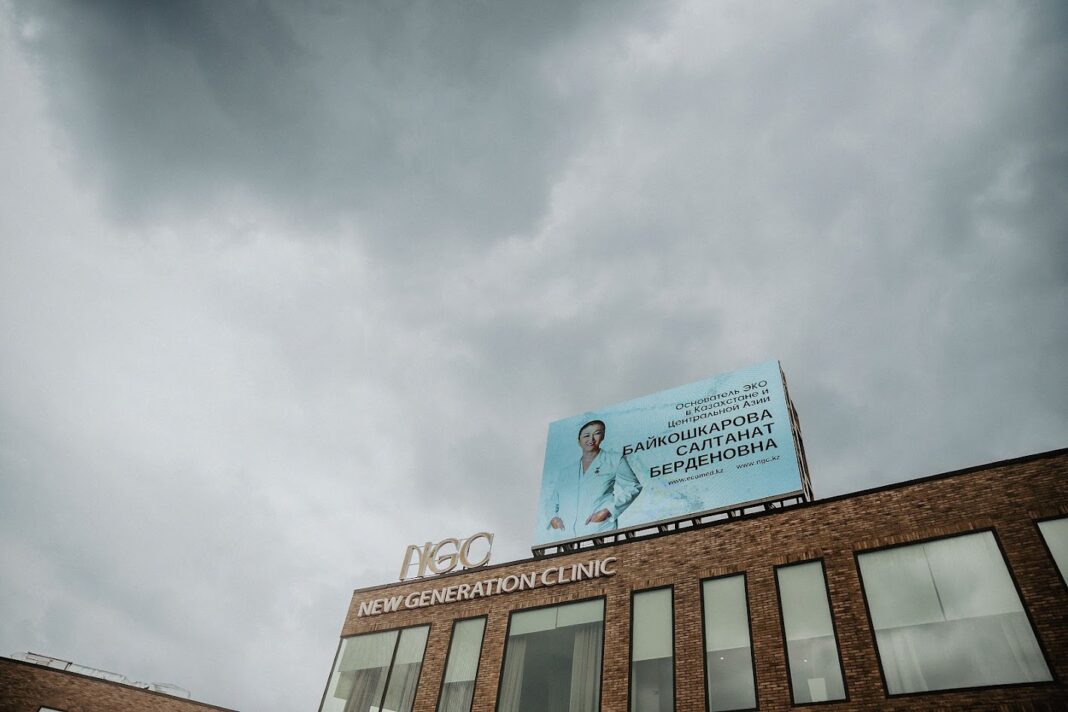
Your clinic is renowned for its comfortable environment. How do you maintain such a high level of service and care for your patients? What innovations in reproductive medicine have been implemented in your clinic in recent years?
Last year, we opened a premium-level international clinic in Almaty, New Generation Clinic (NGC) by Ecomed, equipped with the latest high-tech facilities and enhanced comfort. The new clinic in Aktobe maintains the same exceptional level of service and technology.
Our clinics incorporate all the latest global advancements: cryopreservation of embryos, oocytes, and male biomaterials; genetic blood testing for chromosomal abnormalities and monogenic diseases.
We use cleanroom systems, artificial intelligence-enabled incubators, and video monitoring. Our clinics in Kazakhstan are the only ones utilizing multifunctional EmbryoScope+ incubators. These provide conditions closely mimicking the natural environment within a woman’s body.
Our “Cleanroom” project is a costly technology that ensures a specialized microclimate with multiple air filtration stages. From fertilization to the embryo’s transfer into the uterus (5–6 days), its development is closely monitored via video.
In cases of severe male infertility, urologists-andrologists perform microsurgical operations on the testes to retrieve sperm-containing tissue, which is then processed by embryologists. Using micromanipulation and microinjection techniques, a single sperm is injected directly into an oocyte.
The ICSI method allows us to “deliver” even immobile sperm directly into the oocyte cytoplasm, overcoming difficulties with natural fertilization.
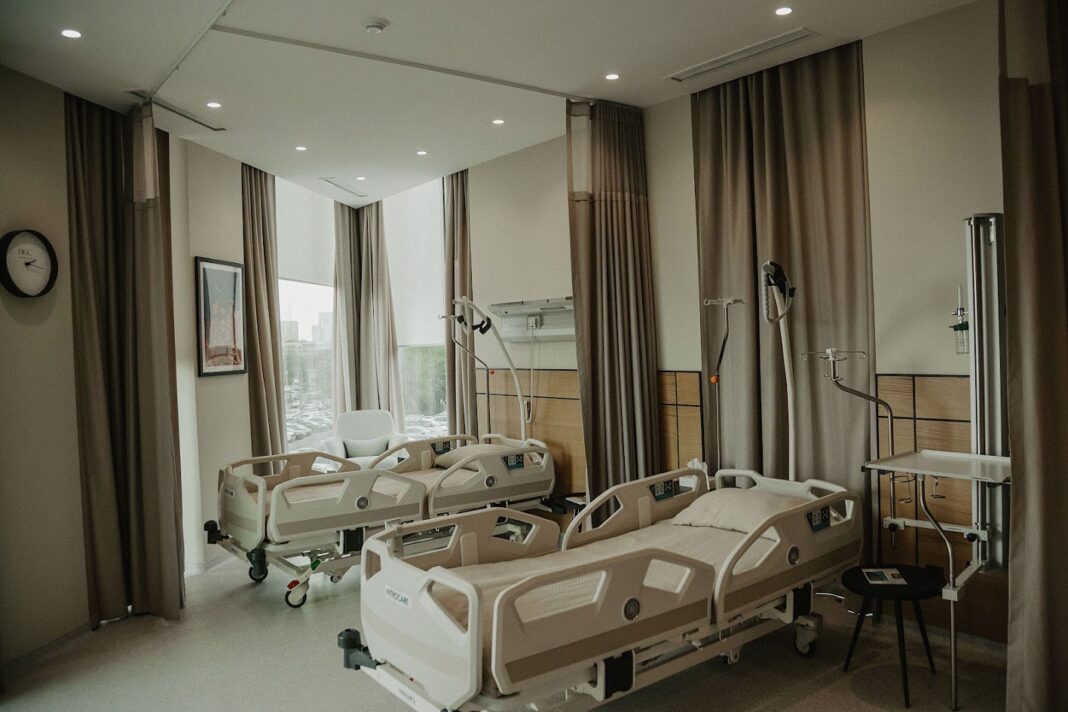 What changes have you observed in attitudes toward reproductive health and IVF in Kazakhstan over the past decade?
What changes have you observed in attitudes toward reproductive health and IVF in Kazakhstan over the past decade?
People are now more informed, thanks to the internet. The younger generation takes reproductive health more seriously. Understanding one’s reproductive potential is crucial for family planning.
Biologically, it’s advisable to have at least two children by age 30 and complete reproductive plans by age 35. However, modern life’s competitive demands often delay these processes.
Programs like egg and sperm freezing allow for delayed parenthood. However, we don’t actively promote this due to the costs and the need for women to undergo a full IVF cycle, which can affect their bodies. These programs are mainly recommended for individuals undergoing chemotherapy or radiation therapy for cancer.
For men, sperm freezing is easier, less costly, and less invasive.
To avoid future difficulties with childbearing, I urge people to form families and fulfill their reproductive plans in their natural timeframe.
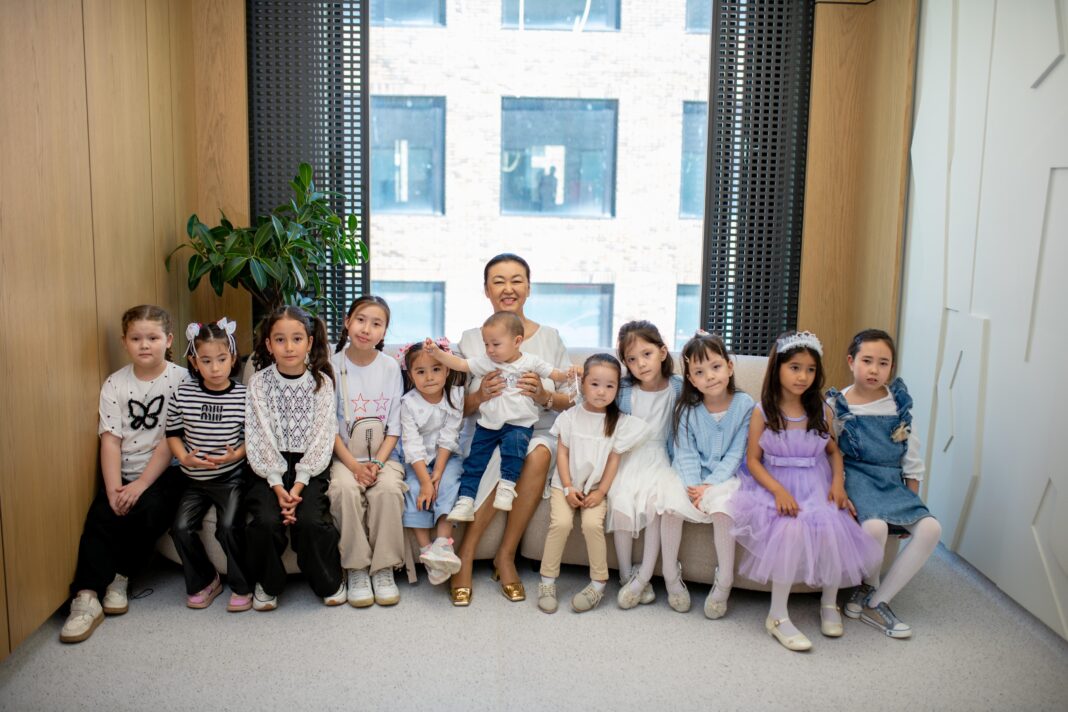
What steps does the clinic take to make its services accessible to people from different regions of Kazakhstan?
To increase accessibility, we are expanding our network to major regional centers. Six out of 14 clinics have fully-equipped laboratories, while others prepare patients so they only need to travel for a few days for the IVF procedure.
It’s worth noting that IVF is not the only method in reproductive medicine. It is used in cases where it is the only option or after all other treatments have been exhausted. These account for 40% of cases. The remaining 60% involve other treatments that lead to natural conception.
The government also supports IVF programs by providing quotas. Since 2021, around 7,000 quotas have been allocated annually, resulting in over 3,000 births each year. Four of our clinics participate in these programs, and we plan to involve others.
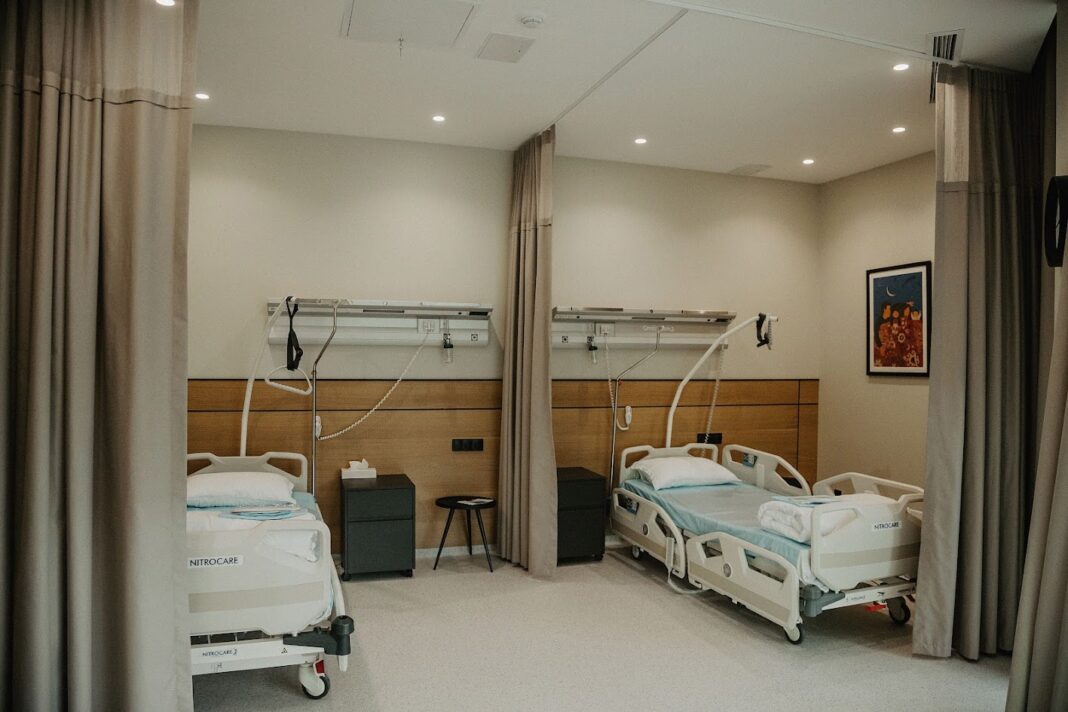
Does the clinic offer programs for patients with special needs or for those facing challenging cases? Could you share some of the most touching and inspiring stories that have come about thanks to your clinic?
Every family is unique. Complex cases are discussed during consultations with leading doctors, where we select the most suitable technologies and methods to find the right solution together.
Our specialists, like many physicians from the post-Soviet region, are highly approachable and accessible to patients. They are not only excellent doctors but also combine the roles of psychologists, social workers, and family counselors. They embody multiple professions in one person, providing humane, empathetic, and heartfelt care to their patients.
One of the most memorable cases in my practice involved a woman who came to our clinic after six unsuccessful IVF attempts at other centers. We conducted two additional unsuccessful attempts, after which the couple disappeared.
One day, on my way to work, I thought about them and decided to call. I reached them, asked about their cycle, as the timing was suitable for a new attempt, but the woman hesitated and said they wanted to postpone it due to fasting. It’s important to note that each IVF attempt is a psychologically heavy experience, and failure is always hard for couples to bear.
Later that day, I arrived at the clinic and, surprisingly, the couple showed up. They said, “Since you called yourself and today happens to be the first day of the menstrual cycle – a perfect time for a new IVF attempt – everything seems to align as a sign.” Considering the difficulties in the previous attempts (there had been significant challenges with embryo transfer into the uterine cavity), I decided to offer the patient short-term anesthesia to relax her body. This method facilitated an easy transfer of embryos into the uterine cavity.
At the time, highly effective embryo cryopreservation methods were not yet available, so we transferred all viable embryos. A few weeks later, the pregnancy test was positive, and I informed the happy parents on their 10th wedding anniversary. With their ninth attempt, they welcomed triplets—three daughters. A few years later, they returned for a son, and he was conceived on the first try. Today, the daughters are 17 years old and studying at top universities, while their wonderful “kara bala” is already 14 years old.
Our clinic has also been receiving international patients for years.
Fifteen years ago, an ambassador of an Arab country, who deeply wished for a son, turned to us. He and his wife had raised an adult daughter but had been unable to conceive again. We helped them, and every time we meet, he expresses his gratitude. There are no contradictions between IVF and the Quran, as the biomaterial used belongs exclusively to the parents.
Another recent and fascinating story involves colleagues from Michigan – biologists from an American medical university, ethnic Kazakhs originally from China. The 38-year-old couple had experienced two unsuccessful IVF attempts in the U.S. Through mutual acquaintances, they sought our consultation. After a 90-minute online conversation, I had all the necessary details and invited the couple to Kazakhstan. The woman spent three months here, while we performed procedures for the husband within a couple of days, freezing his sperm so he could return to work sooner.
Three months later, the woman conceived during her first IVF attempt and returned to the U.S., where she gave birth to a baby girl. The child is now two years old.
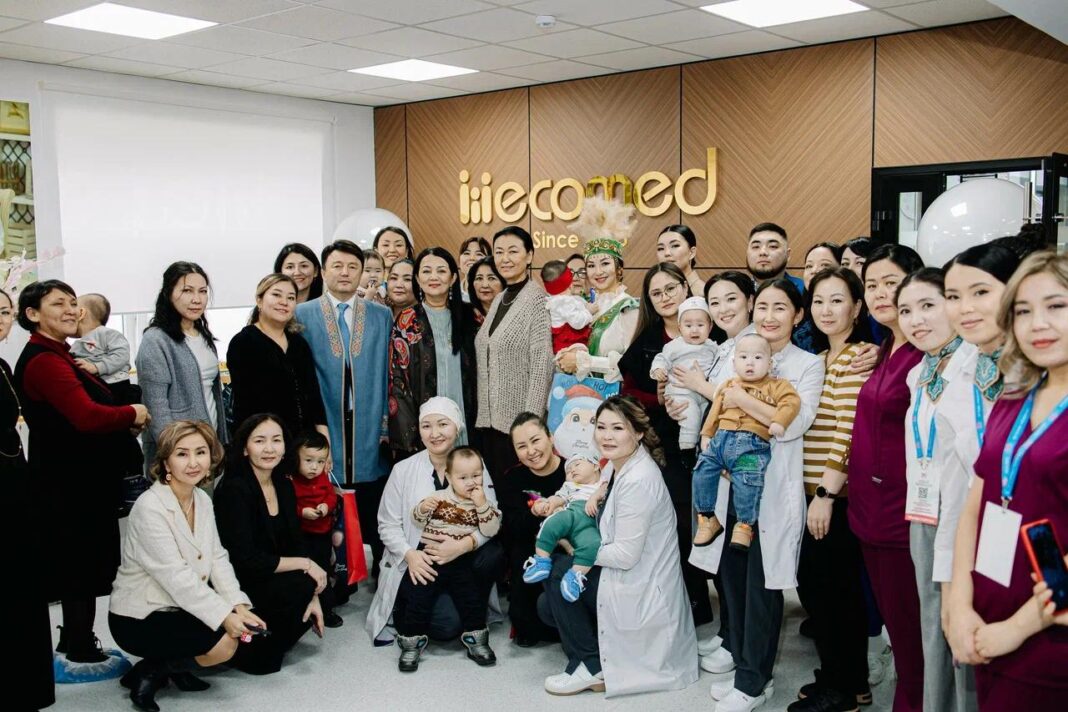
What advice would you give to couples who are considering IVF but are still hesitant?
I wouldn’t advise everyone to proceed directly to IVF but would recommend consulting a reproductive specialist—a gynecologist with advanced knowledge in infertility treatment. The doctor will determine the appropriate method, which may not necessarily be IVF.
If you are a young couple and have not conceived after 12 months of unprotected intercourse, you should see a specialist. For couples aged 35 and above, six months is sufficient before seeking professional help.
There’s no need to fear IVF; it is a highly effective and generally safe procedure. If you are concerned about hormonal stimulation, IVF can be performed within a natural cycle, although this may require more attempts to retrieve a sufficient number of embryos. IVF with minimal stimulation is also an option.
Our specialists adhere to evidence-based medicine principles, ensuring that no unnecessary procedures or treatments are recommended, thus saving patients’ financial, physical, and emotional resources. Start by visiting a reproductive specialist, and they will outline a diagnostic and treatment plan for you.
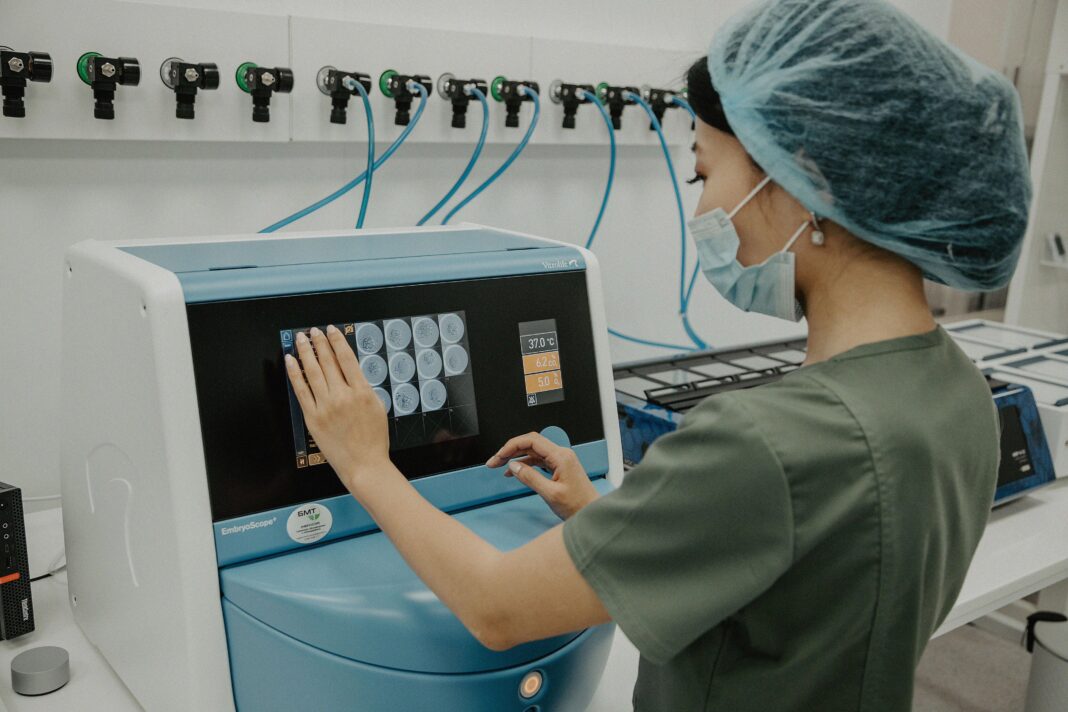
In December 2024, a new clinic within the “Ecomed” Human Reproduction Network was inaugurated in Aktobe. Esteemed cultural figures of Kazakhstan, Kanat and Svetlana Aitbayev, participated in the grand opening ceremony.
“We were delighted to invite a family couple who are exemplary parents to the opening ceremony. Kanat and Svetlana Aitbayev, who have raised their children with dignity, gave the world a legendary figure – our Dimash. They are known for their traditional approach to raising the younger generation. We wanted such individuals to symbolize the launch of this new clinic, dedicated to reproductive health,” shared Professor Saltanat Baikoshkarova, Doctor of Biological Sciences and Scientific Director of the “Ecomed” Human Reproduction Network, with DimashNews.
